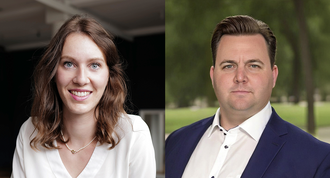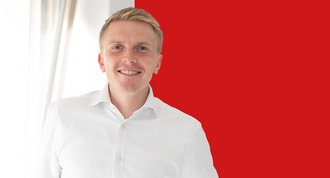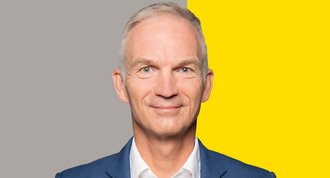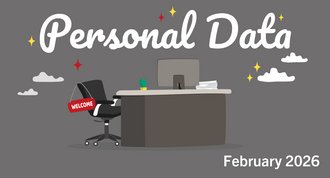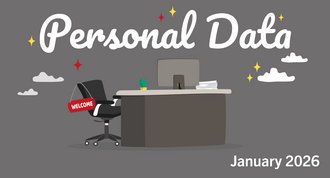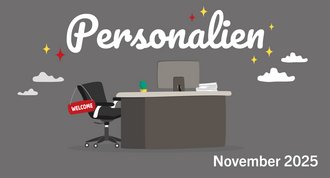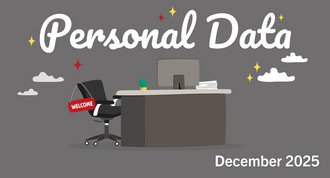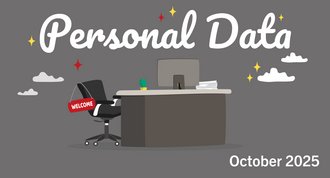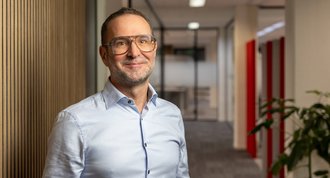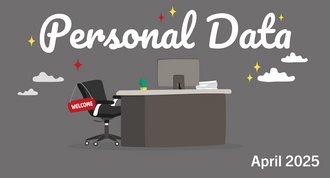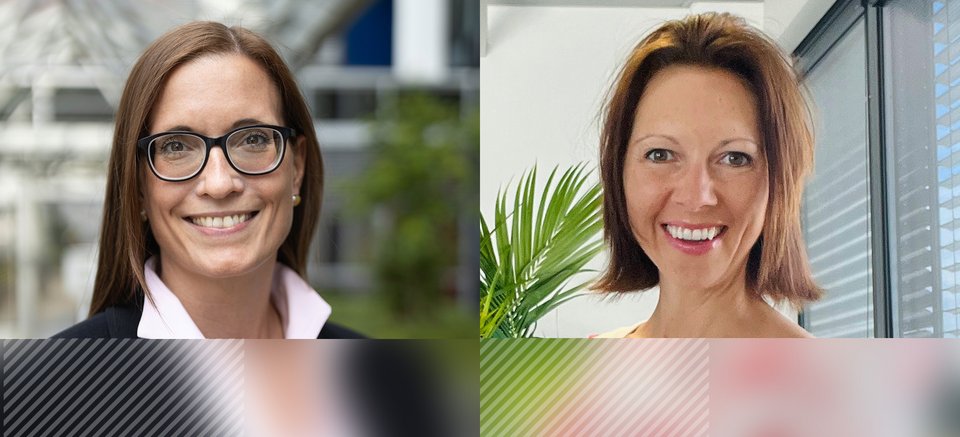
In our new one_series, we are now presenting current topics from the area of purchasing/goods. To kick things off, our top quality managers Charlotte Rosendahl and Marlene Wieninger provide insights into their collaboration and take a look at the current status of digitalisation and process harmonisation.
Our purchasing has long since developed from a local affair into a global network in which cross-border cooperation and strategic partnerships are becoming increasingly important. In short: reason enough for a new one_series, in which we have collected exciting stories from the goods under the motto "Purchasing without borders: Shaping the future, utilising opportunities". To kick things off, Charlotte Rosendahl, Head of National and Merchandise International Quality Management at REWE Group, and her colleague Marlene Wieninger from Austria explain which pandemic restrictions have particularly affected their colleagues from Quality Management and what has already been achieved in terms of digitalisation and harmonisation of processes.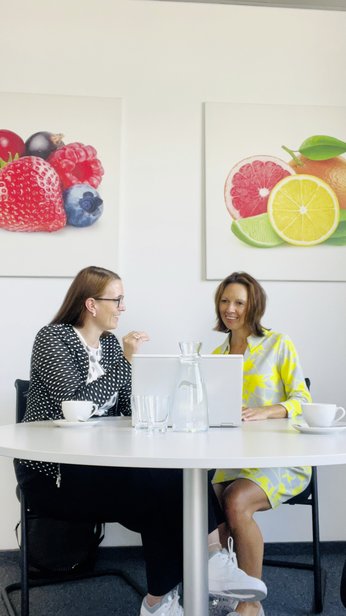 In close dialogue: Charlotte Rosendahl and Marlene Wieninger.
one: Ms Rosendahl, Ms Wieninger, Hans-Jürgen Moog's appointment to the Management Board of REWE Group has further increased the importance of central quality management. Which topics are currently and will be increasingly focussed on in the future?
In close dialogue: Charlotte Rosendahl and Marlene Wieninger.
one: Ms Rosendahl, Ms Wieninger, Hans-Jürgen Moog's appointment to the Management Board of REWE Group has further increased the importance of central quality management. Which topics are currently and will be increasingly focussed on in the future?
Charlotte Rosendahl: The topic of internationalisation, which has long been a focus at Q, is certainly at the forefront. Since Hans-Jürgen took on his new role, international cooperation, which we already practised and cultivated intensively at "Q", has become even easier.
Marlene Wieninger: That's right, this new focus really makes it easier for us. Now everyone is pulling in the same direction and has the same topics on the agenda.
Charlotte Rosendahl: Topics such as process harmonisation and, above all, digitalisation play a special role. For example, we are the first division to introduce an internationally standardised IT landscape in Purchasing.
Marlene Wieninger: That really is a great success for our work! But there are still a few challenges - such as a common database... but we will solve that too.
one: What is the general time horizon for the IT landscape? How are you progressing internationally?
Marlene Wieninger: This year, all national companies and their countries were connected to the system. By the end of the first quarter of 2024, we will have all the specifications in place. This means that we will then have full transparency: where are which private labels with which ingredients available?
Charlotte Rosendahl: But we're not finished yet! (laughs) We still have a lot to do: Laboratory findings on the private labels, audit reports and so on. We're just being creative and seeing which topics are most suitable. The topic is alive - I don't have an end date in mind yet.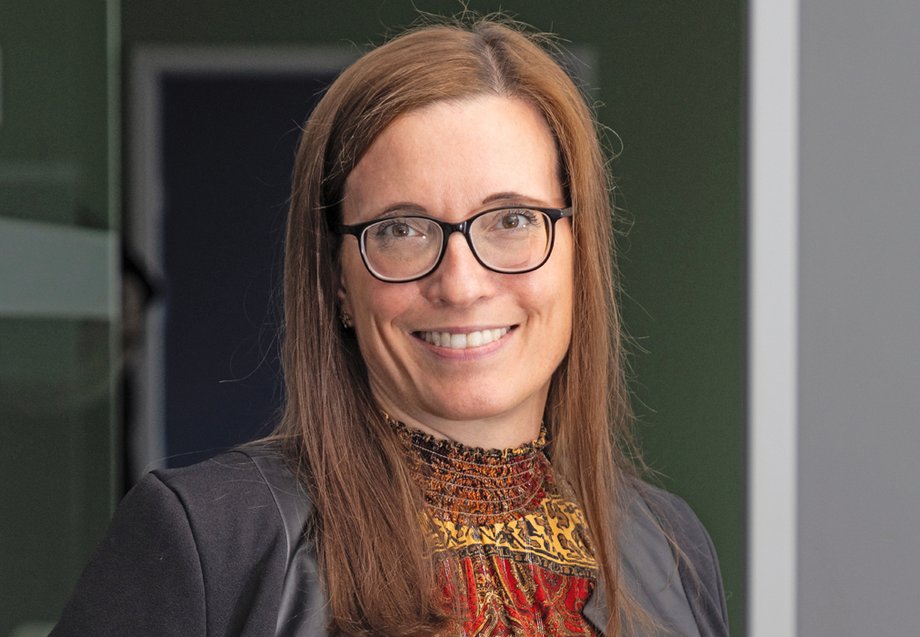 Charlotte Rosendahl I Photo: Marc Bright
one: What long-term goals do you hope to achieve through international digitalisation?
Charlotte Rosendahl I Photo: Marc Bright
one: What long-term goals do you hope to achieve through international digitalisation?
Charlotte Rosendahl: One of the goals is to further increase efficiency by utilising synergy effects. To be informed about internationally used raw materials and private label qualities at the touch of a button and to know how which supplier is performing.
one: Digitalisation, standardisation and harmonisation are nothing new for quality management. What are the dominant topics at the moment? How are you tackling them and what do they mean for our markets, employees and customers?
Marlene Wieninger: Digitalisation is easy to say. Ultimately, it's about being able to exchange our data transparently, quickly and efficiently. The feat is behind us. We still have a few teething troubles to cure, now it's time to fine-tune. It shouldn't make any difference to our customers where they shop. Whether I'm at Billa in Romania, Penny in Austria or Rewe in Germany, the quality, processes and hygiene in the stores have to be right. And we are already relatively advanced in terms of process harmonisation. But there are also issues where harmonisation reaches its limits, for example when it comes to sensory aspects, i.e. taste! Customer expectations vary from country to country. And of course we also cater to these differences with our various own brands.
one: Internationalisation, including at a personal level, has been practised at Q for many years. For example, QM managers from all countries have been meeting regularly since 2011 - with an interruption due to the pandemic. What significance does this network have for colleagues and for Q?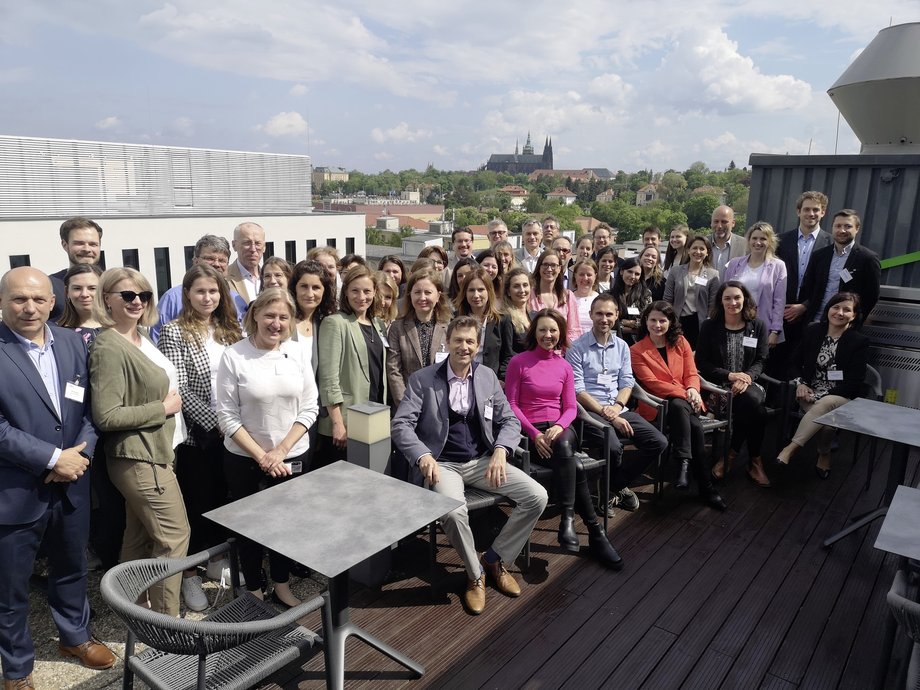 Direct, face-to-face dialogue remains indispensable even in the digital age: participants at the 2023 international QM meeting in Prague.
Charlotte Rosendahl: As a Q manager in the countries, the issues and decisions you represent are not always popular everywhere. This makes it all the more important to have a good network of colleagues and to be able to exchange ideas. That's why Marlene and I are not the only ones who have regular jour fixe meetings - both virtually and in person. This also applies to the dialogue between the teams from Germany, Austria and other countries.
Direct, face-to-face dialogue remains indispensable even in the digital age: participants at the 2023 international QM meeting in Prague.
Charlotte Rosendahl: As a Q manager in the countries, the issues and decisions you represent are not always popular everywhere. This makes it all the more important to have a good network of colleagues and to be able to exchange ideas. That's why Marlene and I are not the only ones who have regular jour fixe meetings - both virtually and in person. This also applies to the dialogue between the teams from Germany, Austria and other countries.
Marlene Wieninger: That's right, it works really well. Unfortunately, the pandemic has also severely restricted the radius of action of each individual in quality management - as in all other areas - so that personal contact with international colleagues from the other national companies has been lost. At the same time, new challenges arose, such as the problem of raw material procurement markets, which posed the question for every quality manager: How far is my knowledge still in demand when the shelves are empty? These were issues that were also very difficult for quality management and where international dialogue was and is enormously helpful.
Charlotte Rosendahl: Our annual meetings are not an optional extra, but in my opinion a must. The credo is: every year in a different country! That way, each country can be the organiser and involve its employees. This goes down really well with the participants - because the "guests" have a change and the "hosts" are super proud and happy. We even invite our Q colleagues from REWE Far East, because they're part of it too!
There is also regular dialogue at all levels. And that's not all: several colleagues have already worked in Asia for a defined period of time. One colleague stayed there permanently and helped set up and manage our laboratory in Hong Kong. This is how we at Q manage to live internationalisation in the area of personal development as well.
„In the Nutri-Score example, we cannot find a common denominator within the EU, and we must also deal with this transparently.“
Charlotte Rosendahl
one: For some of the topics in your area of responsibility, it is not possible to adopt a standardised international approach. Yet they are omnipresent for consumers, for example the Nutri-Score labelling on food. What is your opinion on this?
Charlotte Rosendahl: It makes it more difficult for me, of course, when I know that certain legislation is applied one way in some EU countries and another way in others. That doesn't make harmonisation and a common approach any easier, but that's just the way it is. In the Nutri-Score example, we can't find a common denominator within the EU, and we have to be transparent about this. This also applies to other "soft" topics such as labelling, genetic engineering in the upstream chain or dealing with farmers. The good thing is that the quality and safety of the products are fortunately so clearly defined in the regulations that there is no discussion: There can't be anything in it that doesn't belong there or that could harm customers. That's the only comfort zone we operate in.
one: What are the upcoming challenges for Q?
Charlotte Rosendahl: The regulatory developments from Europe in particular, which I personally observe very closely and very critically, will challenge us. There are more and more initiatives that need to be constantly reassessed and integrated into day-to-day business. But together with my international team, we can do it!
one: Mrs Rosendahl and Mrs Wieninger, thank you very much for talking to us!

